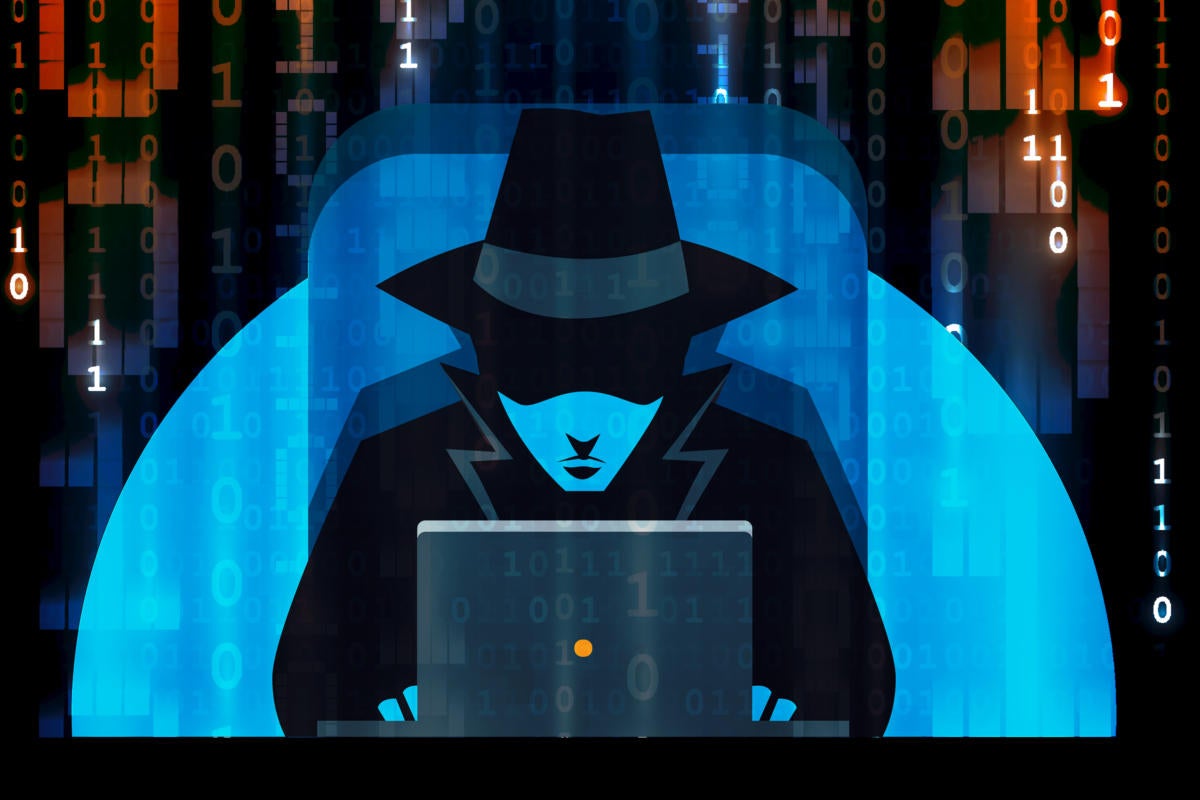What Is Hacking ?

Hacking refers to activities that seek to compromise digital devices, like computers, smartphones, tablets, and even entire networks. And while hacking won't always be for malicious purposes, nowadays most references to hacking, and hackers, characterize it/them as unlawful activity by cybercriminals—motivated by gain , protest, operation (spying), and even only for the “fun” of the challenge.
Many think that “hacker” refers to some self-taught whiz kid or rogue programmer skilled at modifying hardware or software so it are often utilized in ways outside the first developers' intent. But this is often a narrow view that does not begin to encompass the wide selection of reasons why someone turns to hacking.
Hacking is usually technical in nature (like creating malvertising that deposits malware during a drive-by attack requiring no user interaction). But hackers also can use psychology to trick the user into clicking on a malicious attachment or providing personal gain. These tactics are mentioned as “social engineering.”
History of Hacking/Hackers

In its current usage, the term dates back to the 1970s. In 1980, an article in Psychology Today used the term “hacker” in its title: “The Hacker Papers,” which discussed the addictive nature of computer hackers use.
Then there's the 1982 American science fiction film, Tron, during which the protagonist describes his intentions to interrupt into a company's computing system as hacking into it. The plot of another movie released subsequent year, WarGames, centered on a teenager's computer intrusion into the North American Aerospace Defense Command (NORAD). it had been a fiction that introduced the specter of hackers as a threat to national security.
Types of Hacking/Hackers

Broadly speaking, you can say that hackers attempt to break into computersand networks for any of four reasons.
- There's criminal gain , meaning the theft of credit card numbers or defrauding banking systems.
- Next, gaining street credibility and burnishing one's reputation within hacker subculture motivates some hackers as they leave their mark on websites they vandalize as proof that they achieved the hack.
- Then there's corporate espionage, when one company's hackers seek to steal information on a competitor's products and services to realize a marketplace advantage.
- There's consensus that China and Russia have administered such attacks, including one on Forbes.com. additionally , the recent attacks on the Democratic National Committee [DNC] made the news during a big way—especially after Microsoft says hackers accused of hacking into the Democratic National Committee have exploited previously undisclosed flaws in Microsoft's Windows OS and Adobe Systems' Flash software. There also are instances of hacking courtesy of the us government.
There's even another category of cybercriminals: the hacker who is politically or socially motivated for a few cause. Such hacker-activists, or “hacktivists,” strive to focus public attention on a problem by garnering unflattering attention on the target—usually by making sensitive information public. For notable hacktivist groups, along side a number of their more famous undertakings, see Anonymous, WikiLeaks, and LulzSec.
White Hat and Black Hat Hackers
There's also another way we parse hackers. Remember the classic old Western movies? Good guys = white hats. Bad guys = black hats. Today's cybersecurity frontier retains that Wild West vibe, with white hat and black hat hackers, and even a third in-between category.
Black Hat Hacker

If a hacker may be a person with deep understanding of computer systems and software, and who uses that knowledge to somehow subvert that technology, then a black hat hacker does so for stealing something valuable or other malicious reasons. So it's reasonable to assign any of these four motivations (theft, reputation, corporate espionage, and nation-state hacking) to the black hats.
White Hat Hacker

White hat hackers, on the opposite hand, strive to enhance the safety of an organization's security systems by finding vulnerable flaws in order that they will prevent fraud or other cybercrimes before the black hats notice. Corporations even employ their own white hat hackers as a part of their support staff, as a recent article from the new york Times online edition highlights. Or businesses can even outsource their white hat hacking to services like HackerOne, which tests software products for vulnerabilities and bugs for a bounty.
Grey Hat Hacker
Finally, there's the grey hat crowd, hackers who use their skills to interrupt into systems and networks without permission (just just like the black hats). But rather than wreaking criminal havoc, they could report their discovery to the target owner and offer to repair the vulnerability for alittle fee.
Hacking On Andriod Phones

While most associate hacking with Windows computers, the Android operating system also offers an inviting target for hackers.
A bit of history: Early hackers who obsessively explored low-tech methods for getting round the secure telecommunication networks (and expensive long-distance calls of their era) were originally called phreaks—acombination of the words phone and freaks. They were an outlined subculture within the 1970s, and their activity was called phreaking.
Nowadays, phreakers have evolved out of the analog technology era and become hackers within the digital world of quite two billion mobile devices. mobile hackers use a spread of methods to access a person's mobile and intercept voicemails, phone calls, text messages, and even the phone's microphone and camera, all without that user's permission or maybe knowledge.
Hacking on Macs
Lest you think that that hacking is only a Windows problem, Mac users, be assured—you aren't immune.
For instance, in 2017 a phishing campaign targeting Mac users, mostly in Europe. Conveyed by a Trojan that was signed with a legitimate Apple developer certificate, the hack phished for credentials by throwing up a full-screen alert claiming that there is an important OS X update waiting to be installed. If the hack succeeded, the attackers gained complete access to all or any of the victim's communication, allowing them to pay attention to all web browsing, albeit it's an HTTPS reference to the lock icon.
In addition to social engineering hacks on Macs, the occasional hardware flaw also can create vulnerabilities, as was the case with the so-called Meltdown and Spectre flaws that The Guardian reported in early 2018. Apple responded by developing protections against the flaw, but advised customers to download software only from trusted sources like its iOS and Mac App Stores to assist prevent hackers from having the ability to use the processor vulnerabilities.
And then there was the insidious Calisto, a variant of the Proton Mac malware that operated within the wild for 2 years before being discovered in July 2018. it had been buried during a fake Mac cybersecurity installer, and, among other functions, collected usernames and passwords.
So, from viruses, malware, to security flaws, hackers have created an in depth toolkit to wreak hacker havoc on your Mac, the foremost recent of which the Malwarebytes Labs team has documented here.
Hacking prevention
If your computer, tablet, or phone is at the bull's-eye of the hacker's target, then surround it with concentric rings of precautions.
First and foremost, download a reliable anti-malware product (or app for the phone), which may both detect and neutralize malware and block connections to malicious phishing websites. Of course, whether you're on Windows, Android, a Mac, an iPhone, or during a business network, we recommend the layered protection of Malwarebytes for Windows, Malwarebytes for Mac, Malwarebytes for Android, Malwarebytes for Chromebook, Malwarebytes for iOS, and Malwarebytes business products.


2 Comments
thanks bhai ,and carry on ,so helpful.
ReplyDeleteOpsss! It turns out how strong the hackers are. We both should keep security for all social accounts. https://beatcolor.com/rbb_testimonial/m-h/
ReplyDelete